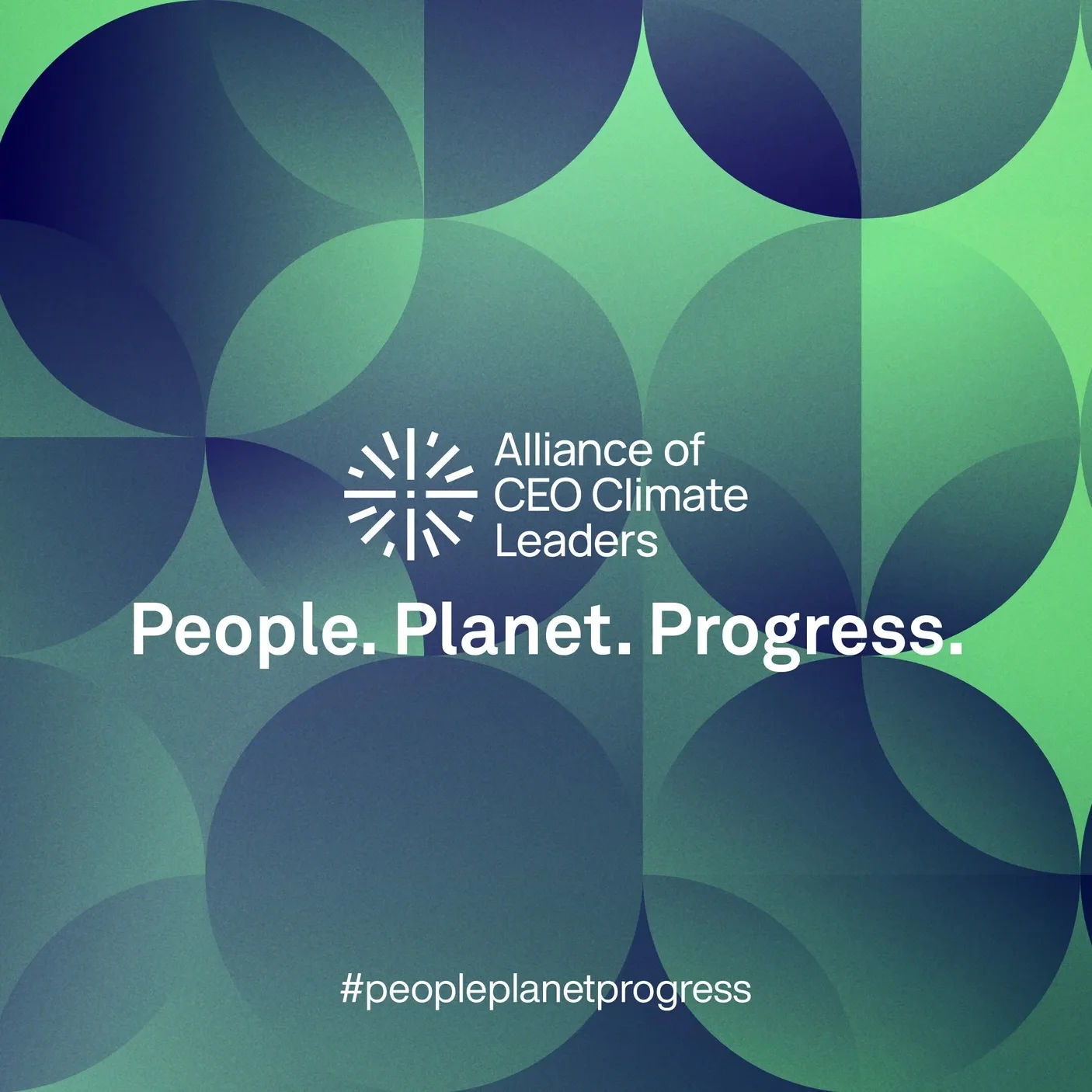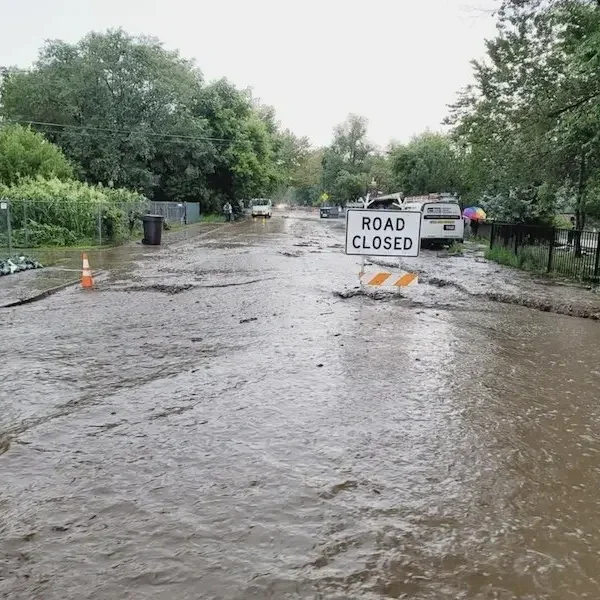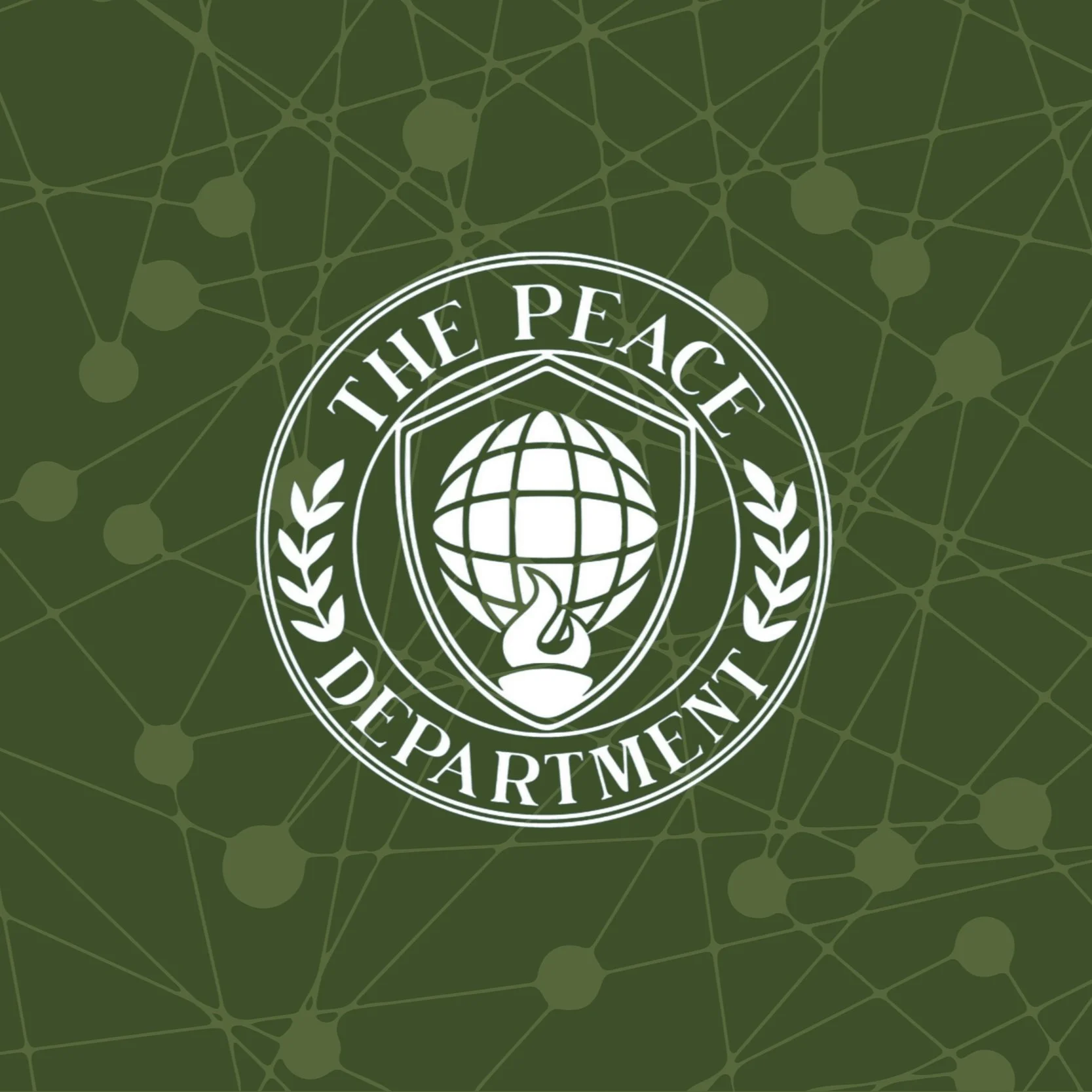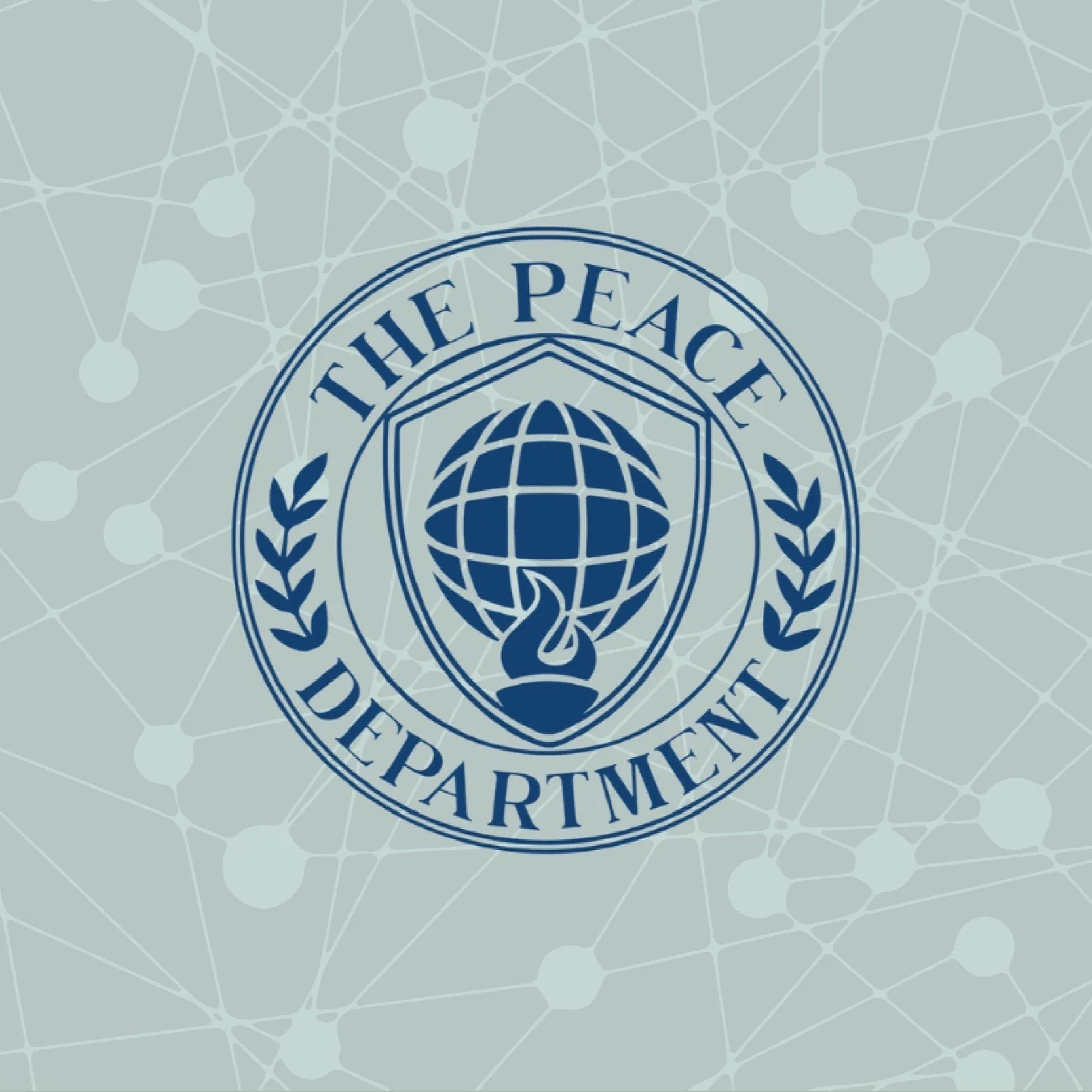The SDG Pulse: Oct 2025
Following New York Climate Week, this month's Pulse showcases the strategies our Climate & Conflict panelists identified as essential: subnational action, creative financing, and cross-sector collaboration keeping climate progress alive despite federal rollbacks.
CEO Climate Alliance Proves Business Case While Cutting 12% Emissions
The Alliance of CEO Climate Leaders' open letter demonstrates climate action drives growth: 130+ companies representing $4 trillion in revenue reduced emissions 12% while delivering 20% revenue growth between 2019-2023. The alliance urges governments and businesses to accelerate transition through 13 action areas.
Proven commercial opportunities:
Market growth: Clean-tech markets exceed $700 billion annually, quadrupling since 2015
Job creation: Net gain of 10 million jobs globally by 2030 through energy transition
Urgent action: Current policies set world toward 3°C warming, requiring immediate collaboration
Impact Investing Surges to $448 Billion Despite Global Headwinds
GIIN's State of the Market 2025 reveals impact investing assets under management nearly doubled from $249 billion to $448 billion in one year, with major institutions now leading the charge. Pension funds supply 35% of capital, while private equity investments jumped from $15 billion to $79 billion, signaling the sector has moved from boutique specialty to mainstream finance.
What's driving institutional confidence:
Proven returns: 72% of investors satisfied with financial performance, 90% with social/environmental impact
Strategic focus: Financial services and energy sectors each attract over 20% of total assets
Rapid growth: Pension funds and insurance companies increasing impact allocations 47-49% annually
U.S. Cities Face $40 Billion Climate Resilience Funding Gap
CDP (formerly Carbon Disclosure Project) reports 124 U.S. cities need $62.7 billion for 484 climate projects but only $22 billion is available, leaving a $40 billion gap. Climate disasters cost $6.6 trillion in damages from 2013-2024, including nearly $1 trillion last year alone, as federal support dries up under Trump administration.
Investment priorities and barriers:
Greatest needs: Water management ($11.6B), transport infrastructure ($9.8B), building efficiency (125 projects)
Multiplier effect: Cities clearly reporting benefits show 4x more adaptation actions than those not measuring outcomes
Private partnerships: Only 65 of 484 projects used public-private partnerships, revealing untapped potential
COP30 Launches Maloca Platform for Global Climate Participation
Brazil's COP30 Presidency launched Maloca, a pioneering digital platform enabling virtual participation in climate action. Developed with UNDP, the platform can host 7,200 events across 20 virtual environments, featuring AI-powered translation in seven languages and Macaozinho, an AI climate assistant trained on official UN documents.
Platform innovation features:
Inclusive access: Removes geographic and resource barriers, enabling participation from anywhere via web and mobile
Scale capacity: Operates 24/7 throughout COP30's 15 days, already attracting 4,000+ users from all continents
Legacy building: Creates new model for global climate engagement beyond physical conference limitations
IUCN Changemakers Showcase Youth-Led Conservation Innovation
At IUCN World Conservation Congress 2025, 14 young entrepreneurs from 1,500 applicants pitched cutting-edge solutions spanning biodegradable plant pots, AI-driven organic waste transformation, and mycelium-based infrastructure. These visionaries demonstrate how youth-led innovation drives scalable, community-rooted solutions to biodiversity, climate, and sustainable development challenges.
Innovation highlights:
Circular solutions: Converting agricultural waste to carbon-negative insulation, recycling 5,000+ kg plastic into assistive robots
Indigenous knowledge: Combining traditional ecological knowledge with modern conservation for urban biodiversity
Clean energy access: Expanding renewable energy and electric mobility to underserved Latin American communities
Gap Fund Helps Developing Cities Unlock Billions in Climate Finance
A multilateral fund launched in 2020 aims to unlock at least €4 billion for low-carbon, climate-resilient projects in developing cities. Implemented by World Bank and EIB, the Gap Fund addresses the critical problem where transformative projects are abandoned because local authorities lack capacity to move from idea to implementation stage.
Why this matters now:
Urban growth reality: Cities account for 70% of global CO2 emissions; 2.5 billion more people moving to cities by 2050
Early-stage support: Provides technical assistance, feasibility studies, and project preparation for cities lacking resources
Proven impact: Projects span Dakar's green housing, Mangalore's waste management, Bogota's low-carbon coordination
These stories illustrate what we explored in our recent reflection: Beyond Fear: Why Hope Is a Strategic Imperative. Hope isn't abstract; it's embedded in the concrete strategies above. Read our full event recap to learn more about how leaders are meeting this moment.







